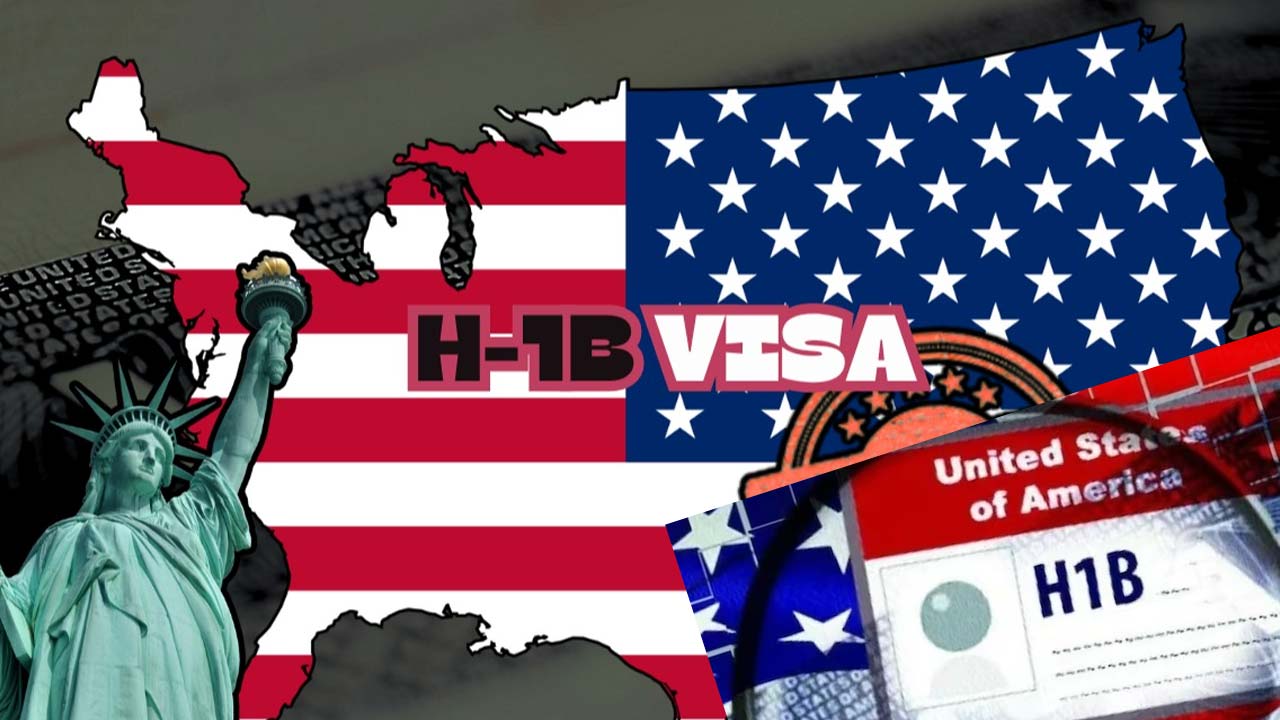
The U.S. Department of Homeland Security (DHS) has implemented comprehensive reforms to the H-1B and H-2 visa programs, effective today, January 17, 2025. These changes aim to simplify administrative processes, enhance protections for workers, and tighten regulatory oversight, signaling a significant shift in U.S. immigration strategy.
Key Changes to H-1B Visas
The H-1B program, critical for employing highly skilled foreign professionals, has been modernized to reduce administrative hurdles and prevent misuse. U.S. Citizenship and Immigration Services (USCIS) highlighted that the reforms strengthen program integrity while maintaining access to global talent, which is vital for industries like technology and healthcare.
Enhanced Protections for H-2 Visa Holders
The updates to the H-2 visa program, covering agricultural and non-agricultural workers, focus on safeguarding labor rights. Stricter penalties for labor law violations and unauthorized fees aim to ensure fair treatment of workers in sectors like agriculture and hospitality.
Bipartisan Support and Mixed Reactions
The reforms have garnered bipartisan backing amidst a period of political transition. President-elect Donald Trump, known for his earlier tough stance on immigration, has expressed approval of the H-1B program, citing its importance for innovation and economic growth.
Industry leaders, including Elon Musk, have praised the changes as beneficial for the U.S. economy, while critics within Trump’s populist base remain concerned about potential impacts on domestic workers.
The reforms represent a pivotal moment in U.S. immigration policy, balancing the need for global talent with worker protections and regulatory oversight.





















